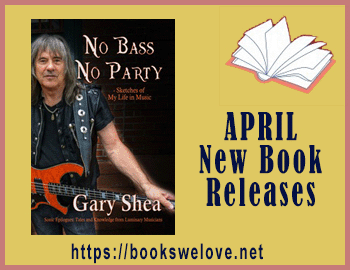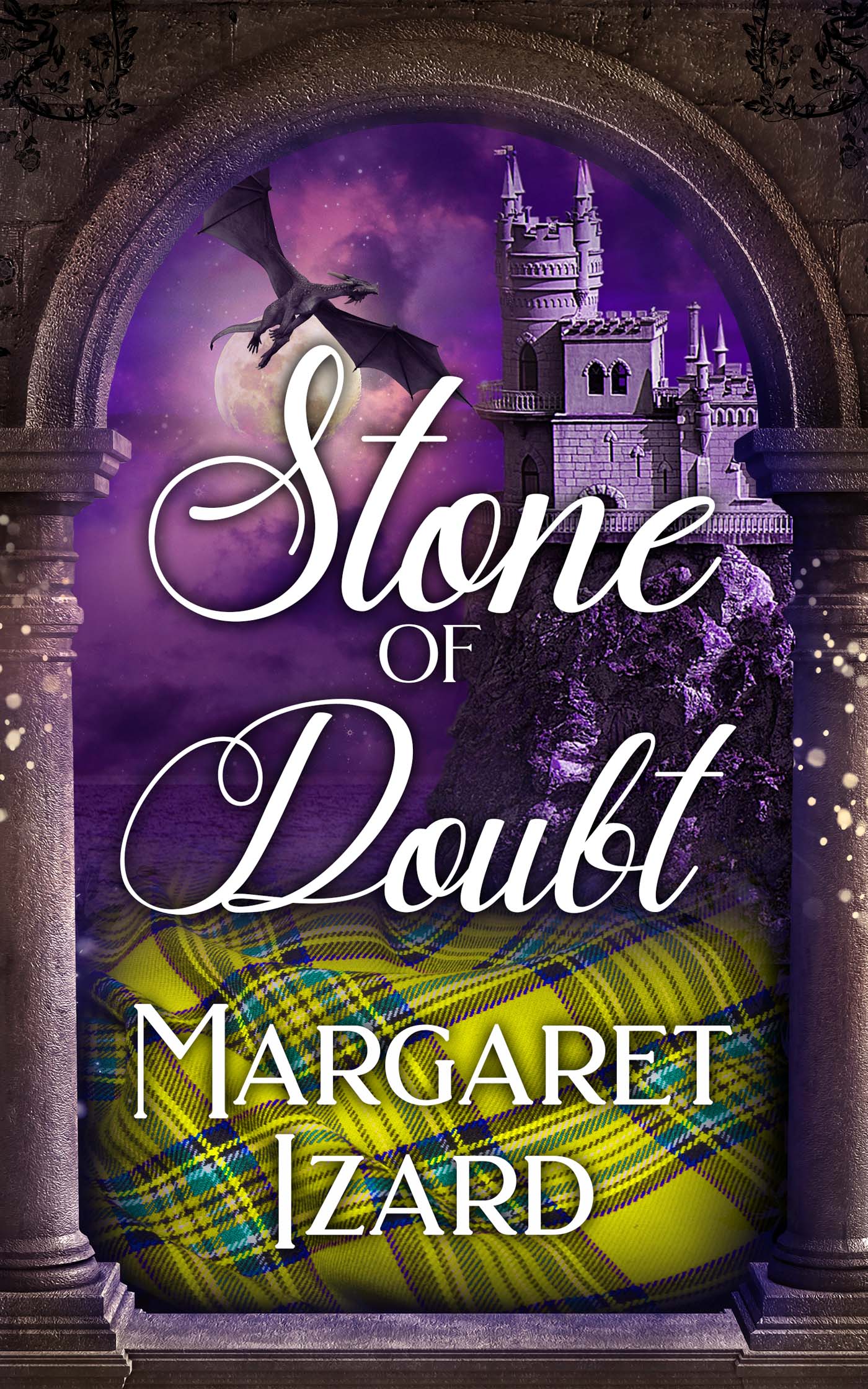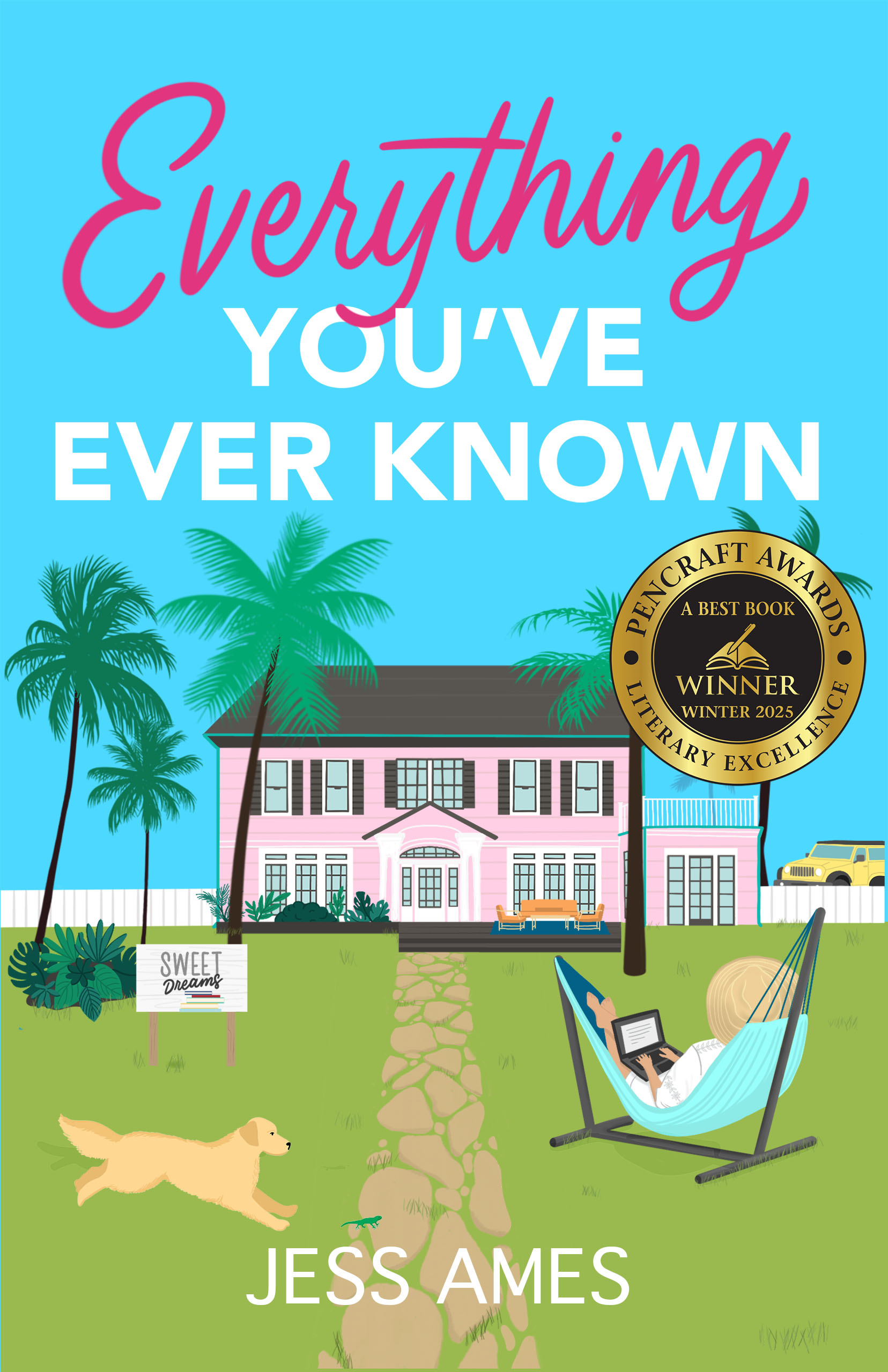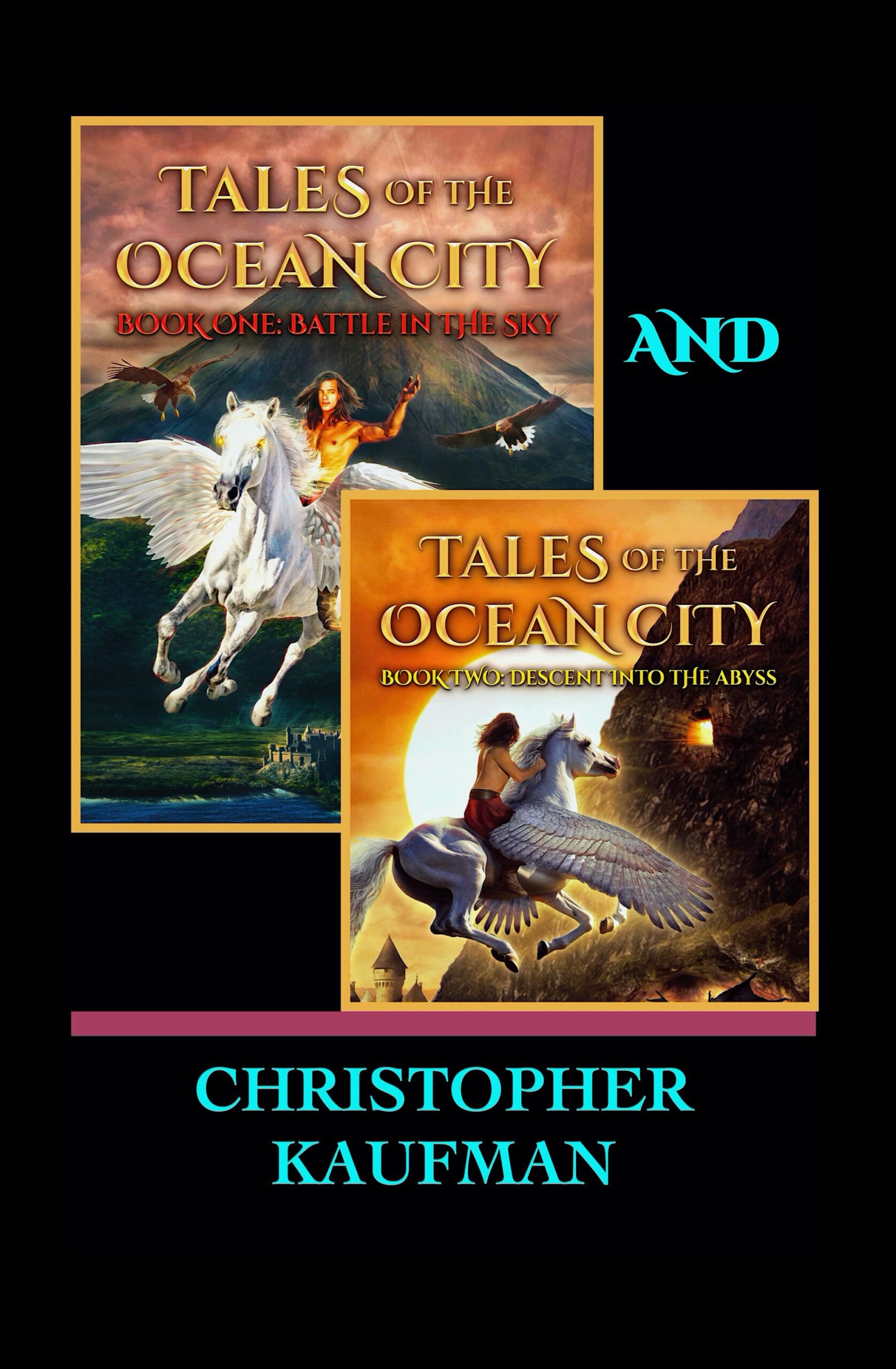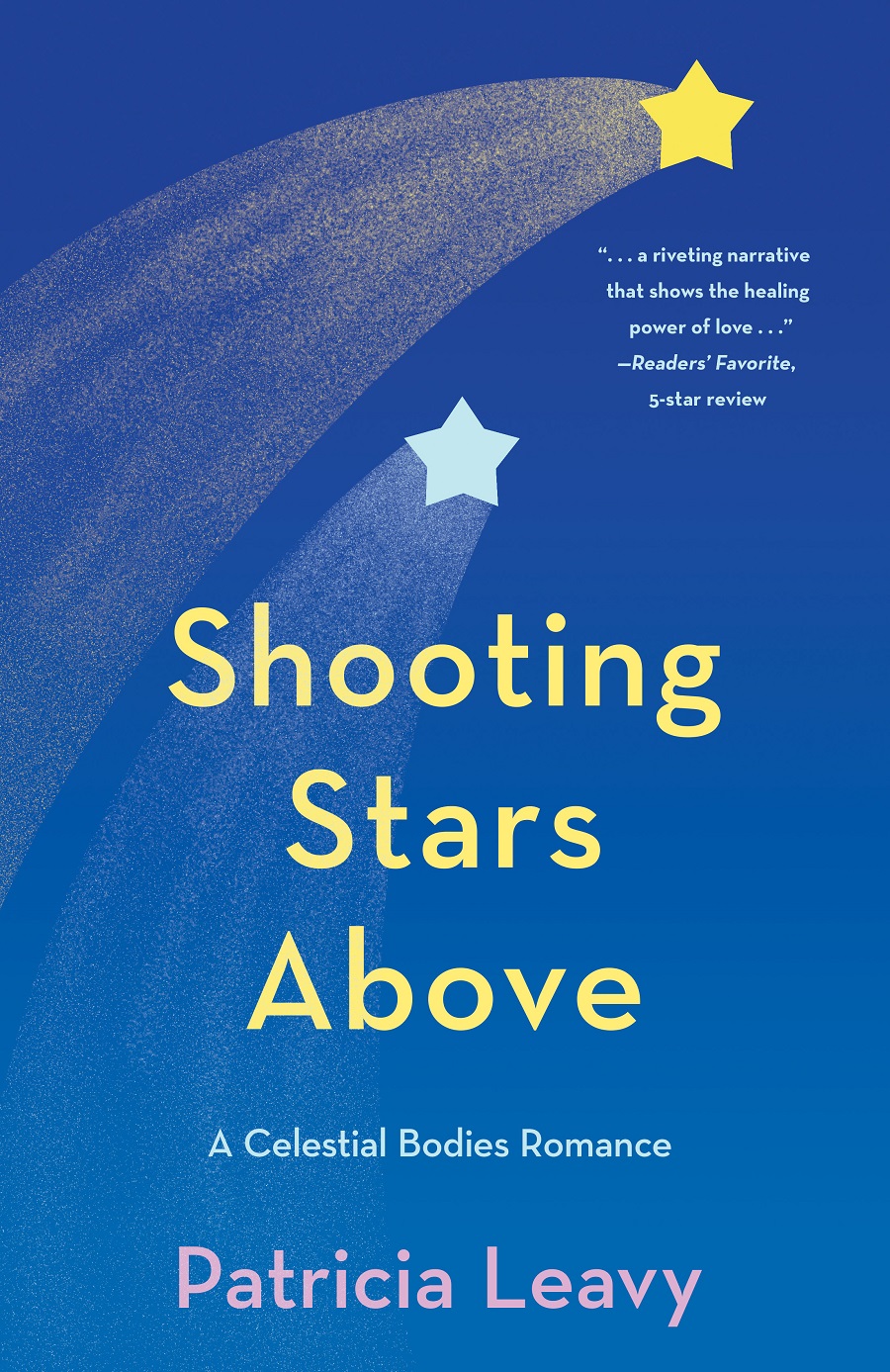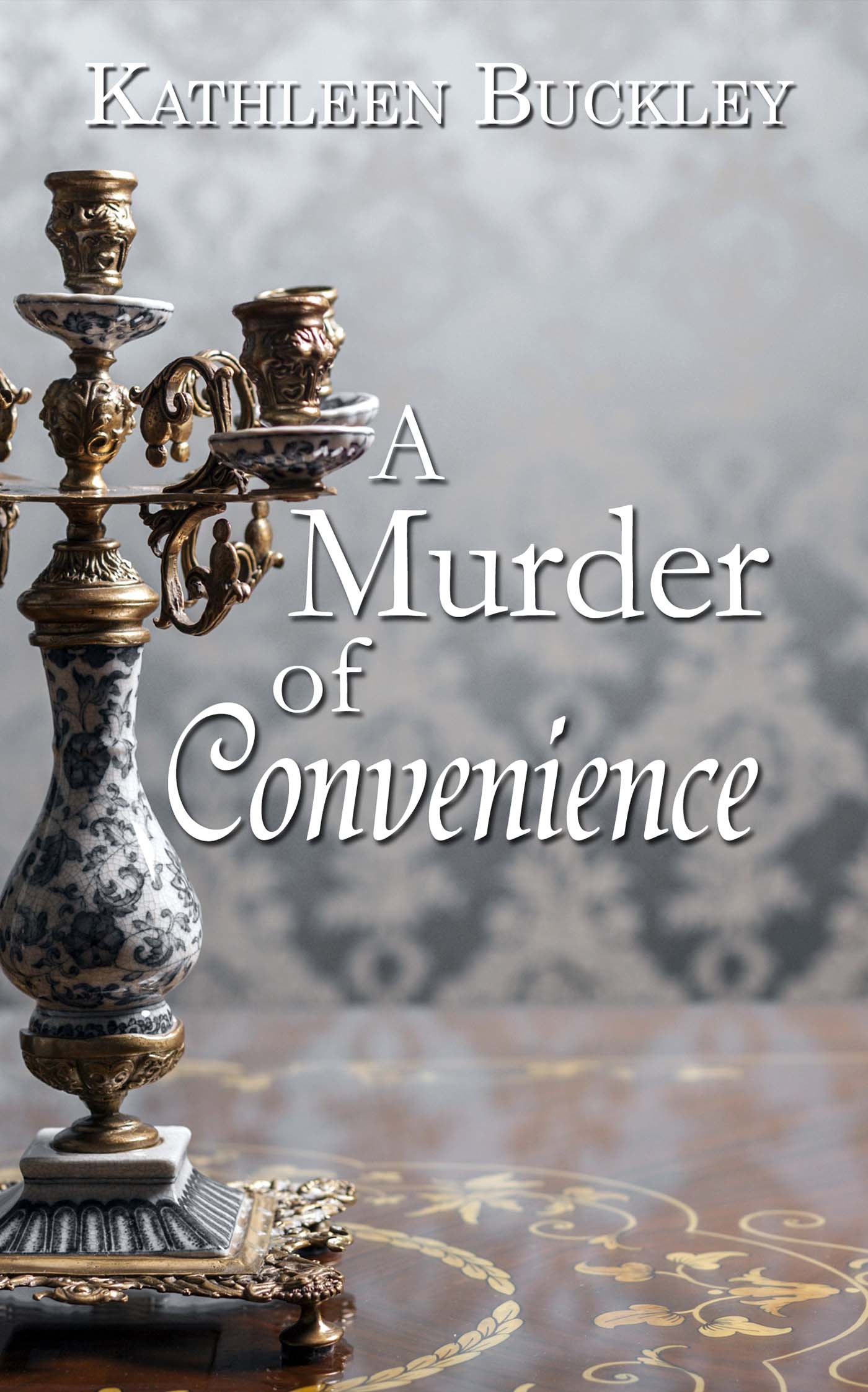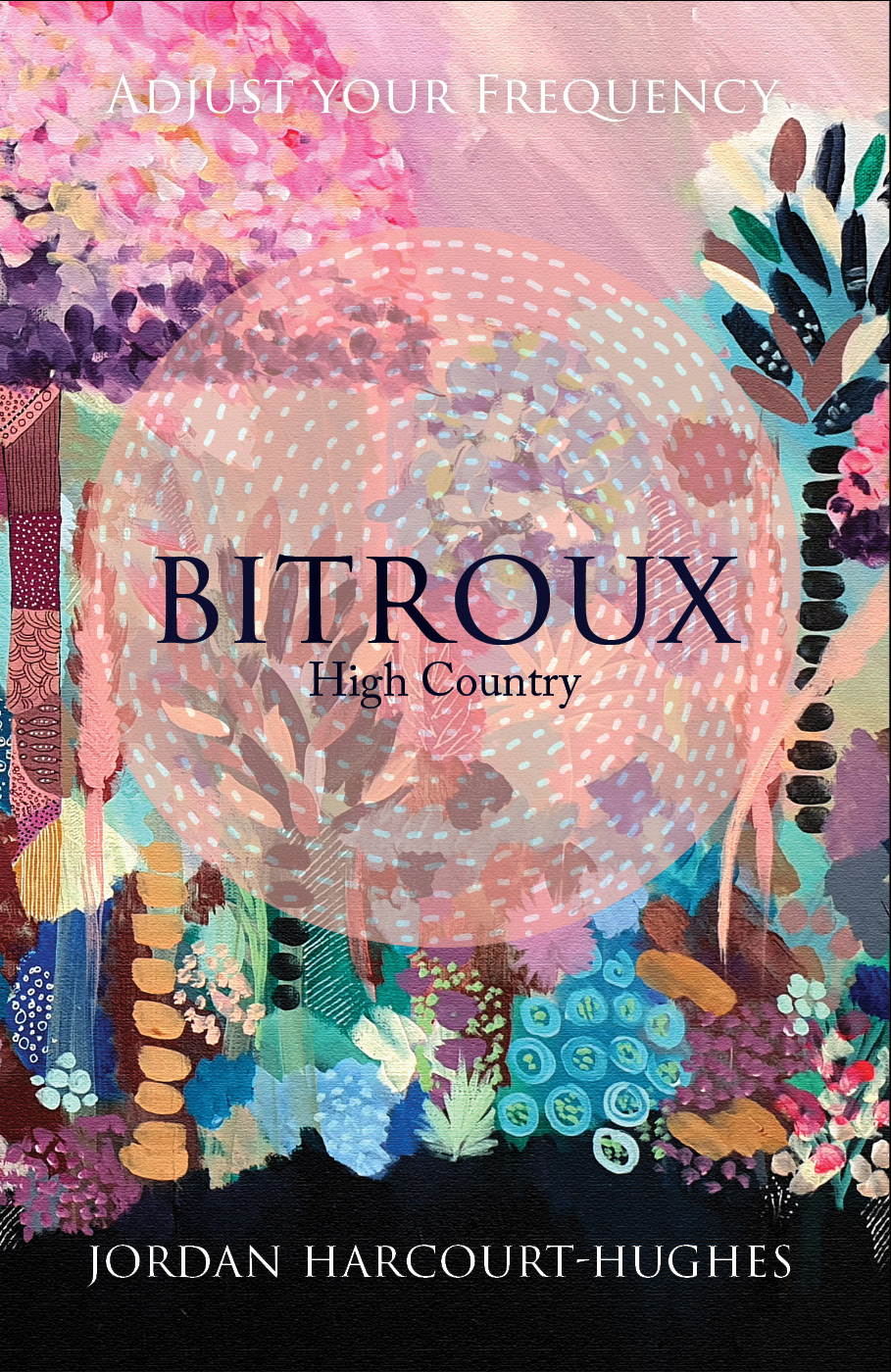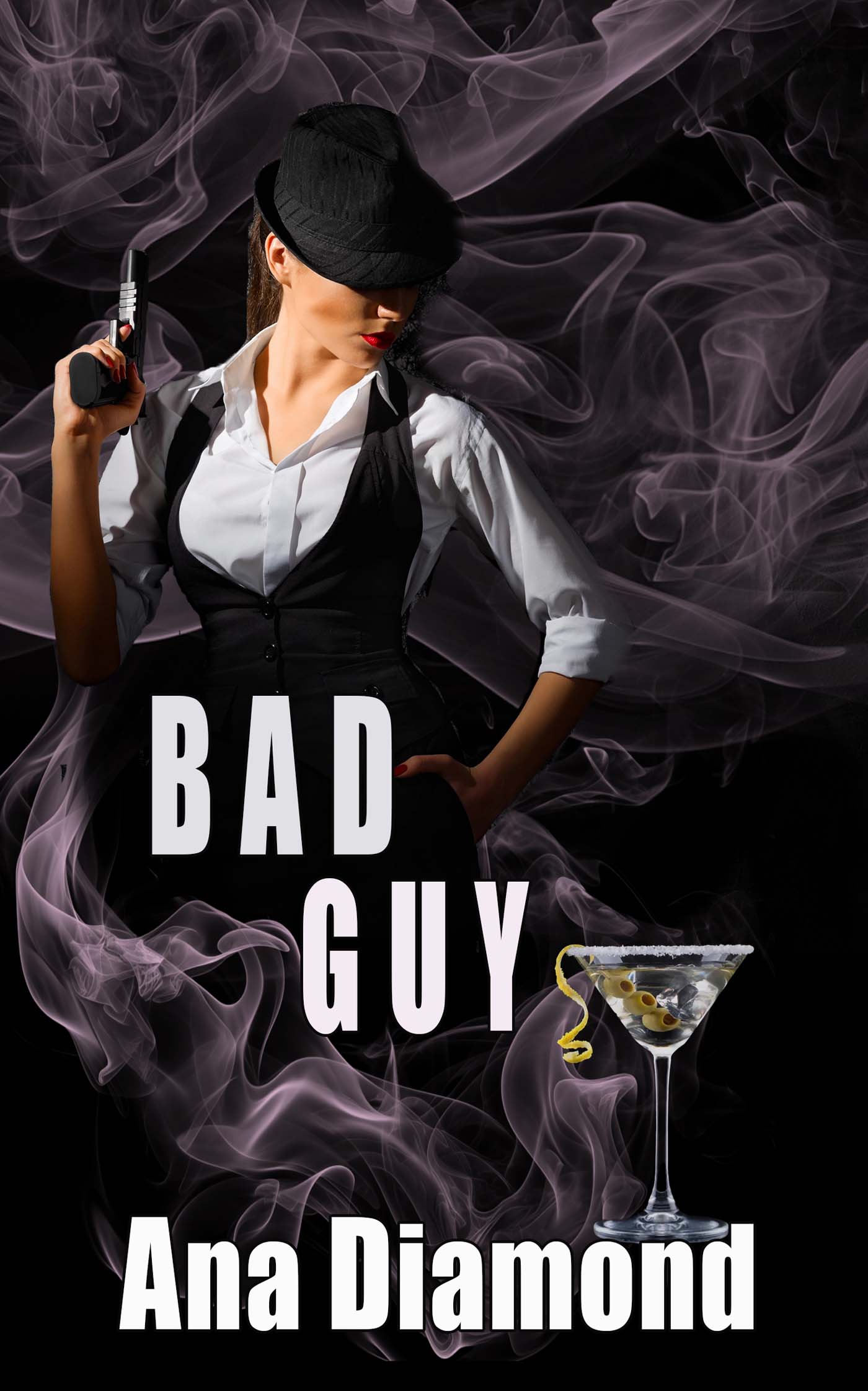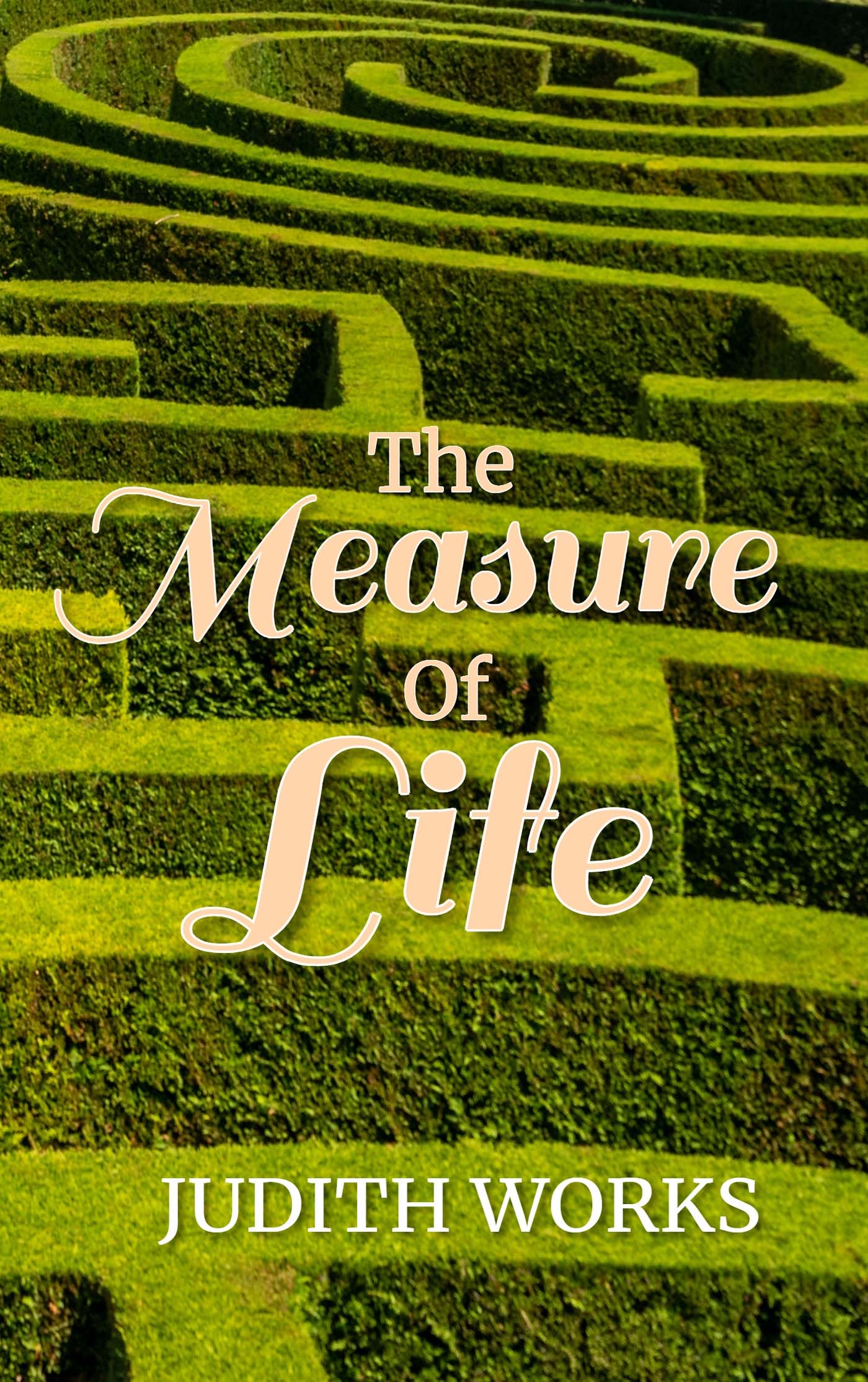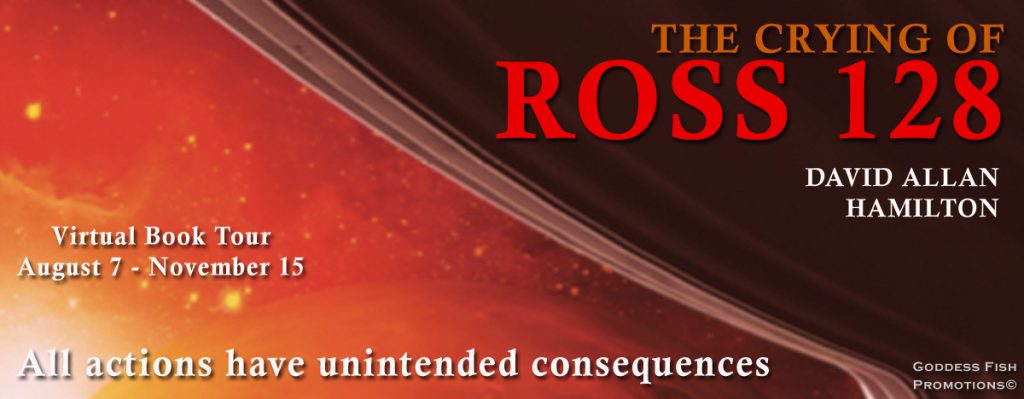
This post is part of a virtual book tour organized by Goddess Fish Promotions. One randomly chosen winner via rafflecopter will win a $50 Amazon/BN.com gift card. Click on the tour banner to see the other stops on the tour.
So you’ve written a poem or a short story or a chunk of your novel and you’ve heard it’s important to get some feedback from experienced writers to make sure you’re on the right track. You find a meet up group of writers in your neighborhood getting together to critique each others’ work, so you gather your courage and head on down.
When you get there, you find there are twenty people in the room. The organizer says each person who wants to share has no more than 5 minutes, and any and all feedback must be given concisely in order to get everyone through.
When your turn comes, you begin reading your short story—a wonderful science fiction story about a mutant humanoid in a post-apocalyptic world. Within moments, you hear some people talking over there, someone else getting up and leaving to get a soda, someone else anxiously tapping their foot, and before you know it the organizer stops you because you’ve run out of time.
No one has much to say about your story, because they don’t know you, but there’s always that one guy who has advice for everyone, and he’s the one that comes down on you like a load of bricks, suggesting that the world doesn’t need another post-apocalyptic story featuring mutants and whatnot, and that your lead character is flat and your setting is boring.
Has this ever happened to you?
Unfortunately, it can be a common occurrence and the problem is that as writers, we rely on feedback as we go along. We need a group of other writers or readers to let us know whether the story makes sense or not, because we ourselves lose that objective view of things.
The question is: how do you find a group of writers that’s going to be encouraging, open, fair, kind, and helpful?
I have to admit, as an introvert, I’m not big on groups for anything. I prefer individual sports and activities for the most part, and don’t enjoy hanging out with a lot of rowdy extroverts. So perhaps I’m a bit biased when it comes to groups. That said, I also know how important it is to read your work as your writing, to get that instant feedback. I learned that lesson twenty years ago when I wrote my first novel. I had a target of 75,000 words for this novel, and I plotted it out, got myself a regular writing time, and put down 60,000 words or so. Then, I read the story back to myself and I realized my protagonist was a jerk. Oh boy. This would either require a major re-write or a major flush job. I ended up putting it away and it has not seen the light of day since!
That’s the kind of problem you could encounter if you do all your writing in complete isolation.
So, if we agree that our stories will be strengthened through a discussion with a writing group, where can you find one that will actually be helpful?
For starters, stay away from meet up groups. You don’t know these people and they don’t know you, so there’s absolutely no trust involved at all. Another group to stay away from is your friends and family (with some exceptions). They will generally love whatever you write, so you won’t get helpful feedback from that group either. But, you don’t need a lot of other people to get started. In fact, you don’t even need other writers. What you really need are active readers who understand plotting and character development. One or two of your friends or family may fall in to this group. If they do, and you want to share your story with them, be sure to tell them exactly what you’re looking for: what parts of the story work, which ones don’t, and are there any suggestions for making the story more effective?
The other thing I would do is join a writing workshop or course. You’ll often find like-minded writers there, and because you generally meet several times, you’ll come to know the others and figure out which ones you can trust. Approach them and see if they’d like to get together for a discussion of writing. Set the ground rules before hand, and you’ll enjoy a very helpful get together.
America has splintered into various independent republics after a brutal civil war. Against this backdrop, space exploration is on the cusp of new technological breakthroughs. Jim Atteberry, a mid-30s English professor at City College in San Francisco, spends his free time listening for alien signals on the amateur radio astronomy bands. His life as a single parent to his precocious daughter is turned upside-down when he hears an intelligent cry for help from the Ross 128 system and realizes we are not alone. This signal unleashes a chain of events pitting Jim and his brilliant, mysterious colleague Kate against a power-hungry scientist with his own secret agenda. Jim must learn the truth about the signal, the strange disappearance of his wife Janet, and the meaning of true love before it’s too late in this first contact thriller.
Enjoy an Excerpt
“How long does it take a subspace signal to travel from Ross 128 to Earth?” he asked.
The machine responded verbally. “Twenty-two minutes, 13.4 seconds with current subspace technology.”
Atteberry recorded the time on his notepad, then looked at the screen. “Is there any history of alien signals coming from Ross 128?”
“Negative. Although in 2017, unknown signals from that system were received at the University of Puerto Rico at Arecibo. They were later dismissed as Terran satellites.”
Ghost signals. That happened sometimes due to the multitude of satellites orbiting Earth back then, and now around the moon and Mars. Signals would bounce and echo off them all the time, like ripples in a pond bouncing off rocks and plants.
“Speculate as to the origin of this signal if it’s a ghost.”
“Ready.”
“Proceed.”
“If the signal is a ghost, it is most likely an artifact of the Second American Civil War circa 2070. The Northern Democratic States and the Confederate States often used ghost signals as decoys to confuse enemy communications.”
So that’s it, Atteberry thought, he’s been chasing old civil war ghosts. Yet the question of subspace remained, and, as far as he knew, neither side in the civil war used the emerging FTL technology. It wasn’t sufficiently developed until after the new republics separated.
“What is the likelihood that these Ross 128 signals are satellite ghosts?”
“0.02 percent.”
“What’s the probability the true source is the Ross 128 system itself?”
“74.8 percent.”
Atteberry leaned forward on his workbench and realized the results were inconclusive. “What’s the probability that these signals are naturally occurring… a pulsar or a quasar for example?”
“Zero percent. The signals are artificially produced with slight variations in pattern frequency, suggesting unknown transmission methodology.”
“Human?”
“Improbable. There are no known humans in the Ross 128 space.”
Atteberry feared asking the next question; he swallowed hard. “Alien?”
“99.8 percent probable.”
About the Author: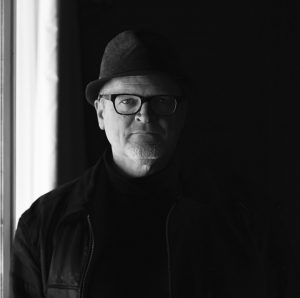 David Allan Hamilton is a teacher, writer, and multipotentialite. He is a graduate of Laurentian University (BSc. Applied Physics) and The University of Western Ontario (MSc. Geophysics). He lives in Ottawa where he facilitates writing workshops and teaches. When not writing, David enjoys riding his bike long distances, painting, and knitting.
David Allan Hamilton is a teacher, writer, and multipotentialite. He is a graduate of Laurentian University (BSc. Applied Physics) and The University of Western Ontario (MSc. Geophysics). He lives in Ottawa where he facilitates writing workshops and teaches. When not writing, David enjoys riding his bike long distances, painting, and knitting.
Buy the book at Amazon, Barnes and Noble, Kobo, Smashwords, or Indigo.
